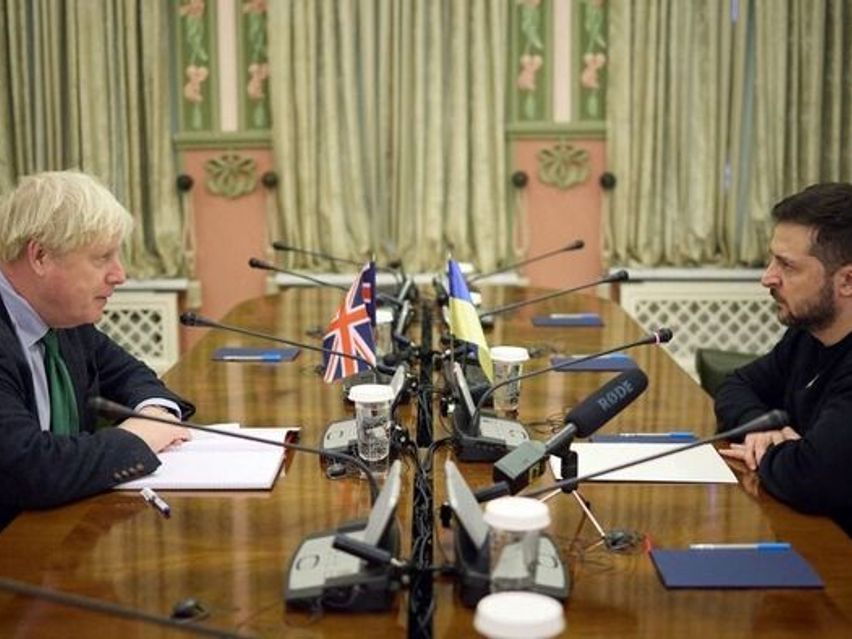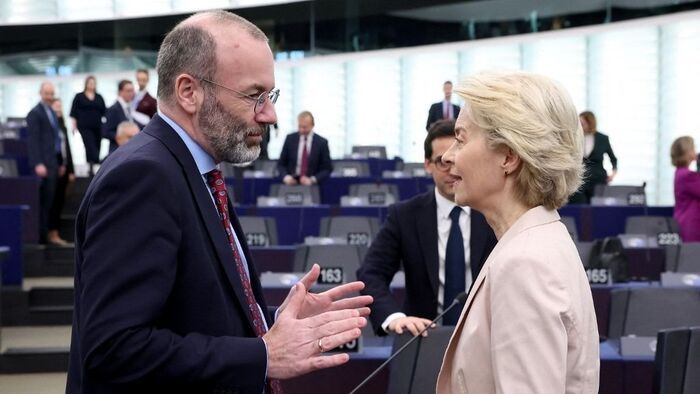It must have been hot in Strasbourg, too... so let's attribute the recent decision taken by the European Parliament in part to the weather. Although everyone is equal before the law – this message is written out in large letters in Italian courtrooms – MEPs who are endlessly concerned about the rule of law on 364 days of the year have now exempted a well-defined circle from the harshness of the law. There is no final legislation yet – because member states will also have their say – but as it stands, the EU can limit or even eliminate the ability to sue investigative journalists and "civil" society, the so-called non-governmental organizations (NGOs). The proposal's proponents argue that the right of NGOs to participate in public life is stronger than the right of any member of society to sue them, Fidesz MEP Erno Schaller-Baross told the Hungarian Mandiner portal. The European Commission, which came forward with the draft legislation, would plant an American model into practice. The move that allowed legal action against so-called SLAPPs (an acronym that stands for 'strategic lawsuits against public participation') was introduced decades ago, overseas. It encompassed cases, for example, when a corporation, a government or some wealthy individual would file lawsuits against investigative journalists to bury them in legal costs and obstruct their work.
Figures from Hungary's Central Statistical Office (KSH) show that there are around 60 thousand NGOs active in Hungary, with an average annual income of 49 million Hungarian forints per organization.























Szóljon hozzá!
Jelenleg csak a hozzászólások egy kis részét látja. Hozzászóláshoz és a további kommentek megtekintéséhez lépjen be, vagy regisztráljon!